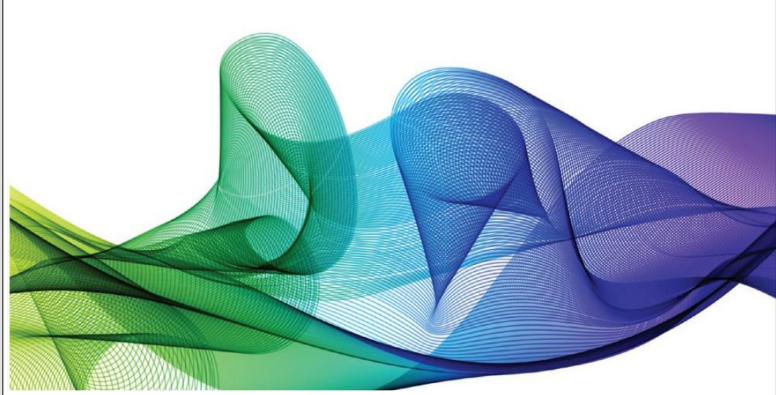About This Course
"Computational Fluid Dynamics for Industrial Applications" is a professional course that aims to provide an introduction to CFD processes and solve problems in the industrial field. This course combined intensive theories of CFD with CFD tutorials to make a comprehensive CFD model.
The course consists of 4 parts.
Module 1: Introduction to Computational Fluid Dynamics
An overview of the CFD modelling will be demonstrated in this part through the mixing-elbow pipe model. This module introduces CFD experimental design, meshing, selection solver and postprocessing including pitfalls that may happen in the CFD process.
Module 2: Flow Simulation under Isothermal Conditions
This part shows the details of the government equation, discretization method and turbulent model. The deviation of equations in CFD will be demonstrated to provide a clear understanding of handling the set of equations during the modelling process. The comparison of the CFD algorithm and turbulent model will discuss selecting the suitable equation and algorithm set for the solving fluid dynamic problem.
Module 3: Flow simulation under temperature effects
The heat transfer mathematical models of a fluid and a solid will be introduced in this part. The heat equations for conduction, convection and radiation modes will be shown in this part. This section also comprehensively explains dimensionless numbers in the heat transfer process.
Module 4: Multiphase Flow Simulation
An overview of multiphase flow types and their CFD modelling will be presented in this part. This volume of fluid modelling will be learned through the cooling condenser model and the Euler multiphase model will be learned through the simple boiler model. According to the complexity of equation sets, this part focuses on the concept of phase change equations and how to handle multiphase flow modelling rather than dividing equation sets.
Learning Outcomes
Upon completion of the course, participants will be able to:
- Understand the CFD experimental design and the CFD process.
- Modify the CFD model to improve the performance of the flow system.
- Apply CFD concepts to flow and heat transfer applications.
- Understand the multiphase flow models and their modelling.



